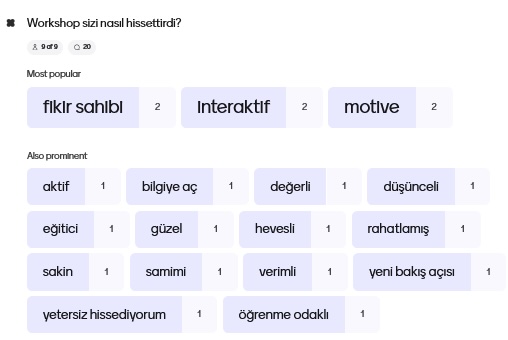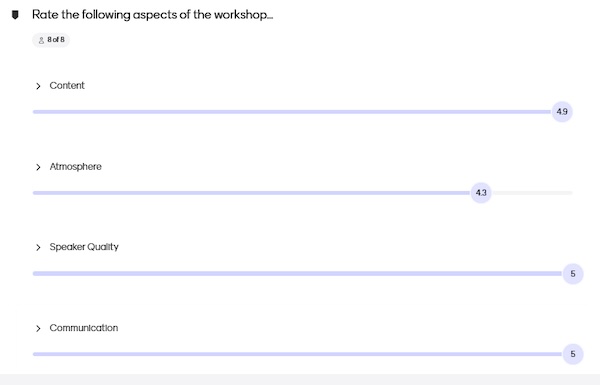Enhancing Academic Reading and Writing Skills: A Workshop Series at Turkish-German University
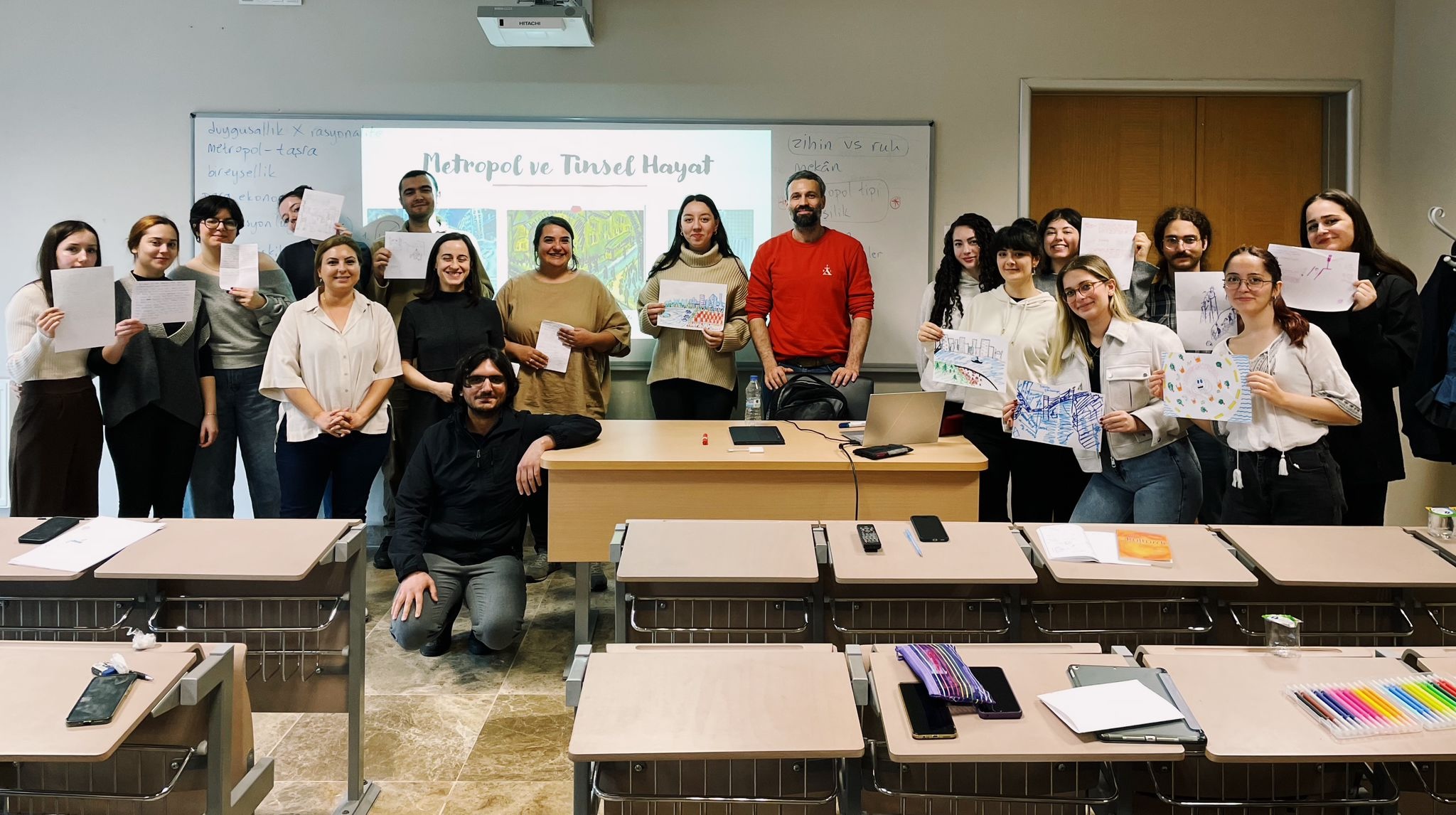
Enhancing Academic Reading and Writing Skills: A Workshop Series at Turkish-German University
by Ozan Tekin
This past spring, I had the privilege of conducting a series of workshops on academic reading and writing skills for sociology students at Turkish-German University. The initiative aimed at deepening students' understanding of canonical sociological texts and enhancing their academic writing capabilities. The experience was profoundly rewarding, contributing significantly to the learners, the faculty, and my professional development as an English teacher.
Workshop Goals and Structure
The primary goal of the workshops was to equip sociology students with the skills necessary to critically analyze and write about complex sociological theories and texts. The series was structured into several sessions, each focusing on different aspects of academic reading and writing. Here are the workshop dates and the key focus areas for each session:
1. 22.04.2024 - Introduction to Sociological Texts: We began by exploring key sociological texts, understanding their context, and discussing the importance of critical reading.
2. 06.05.2024 - Critical Reading Skills: Students were taught techniques to dissect arguments, identify key themes, and evaluate evidence in sociological literature.
3. 03.06.2024 - Academic Writing Techniques: The sessions covered how to structure short answers to exam questions, develop strong thesis statements, and support arguments with evidence.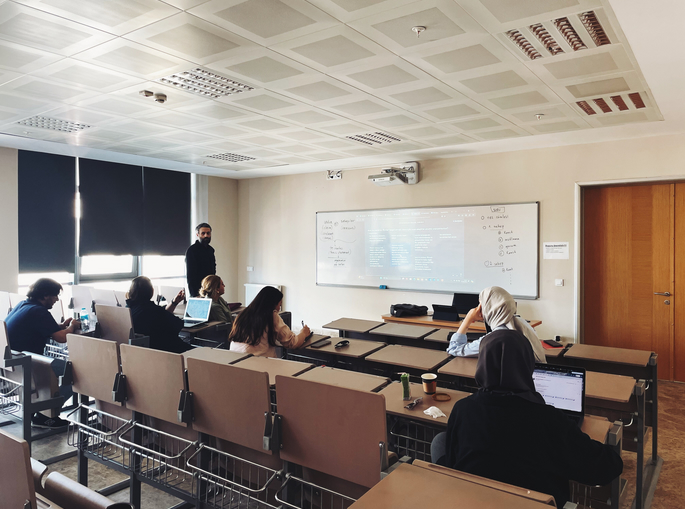 Impact on Learners
Impact on Learners
The workshops had a significant impact on the students' academic journey. Many students reported newfound confidence in approaching complex texts and writing more coherently and persuasively. The hands-on activities and personalized feedback helped them grasp the intricacies of academic writing, making them better prepared for their coursework and future research projects.
Student engagement levels were remarkably high throughout the series. The interactive nature of the workshops, combined with the relevance of the sociological texts, kept students actively involved and motivated. They were particularly enthusiastic about the sessions focused on critical reading and academic writing techniques, which they found immensely beneficial.
The feedback from students was overwhelmingly positive. They appreciated the clarity and depth of the instruction, noting that the workshops significantly raised their awareness and understanding of canonical sociological texts. Students were able to critically analyze these texts and use them to formulate answers to questions on sociological imagination, demonstrating their improved analytical and writing skills.
One of the key highlights was seeing students develop their unique voices while adhering to academic conventions. Their improved ability to analyze and critique sociological theories translated into more insightful class discussions and higher-quality written assignments.
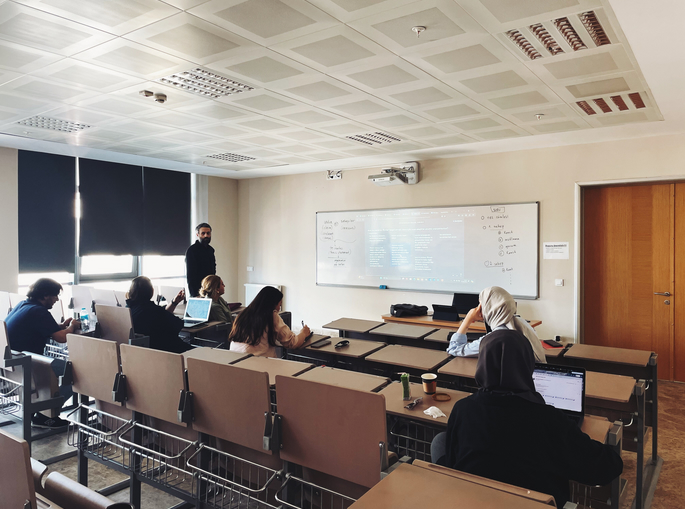 Benefits for the Faculty
Benefits for the Faculty
The workshop series also contributed positively to the faculty at Turkish-German University. By enhancing students' reading and writing skills, the overall quality of classroom interactions and written submissions improved. This allowed professors to engage in more advanced and meaningful discussions, fostering a richer academic environment.
Additionally, the faculty benefited from the workshop materials and methods, which they could incorporate into their teaching practices. This collaborative approach helped bridge the gap between English language instruction and sociological content, promoting a more integrated learning experience.
Personal and Professional Development
Conducting this workshop series was a significant milestone in my professional development as an English teacher. It allowed me to delve deeper into the intersection of language instruction and sociology, enriching my teaching practice. The experience enhanced my ability to design and deliver content that meets the specific needs of students in specialized fields.
Moreover, the positive feedback from students and faculty affirmed the effectiveness of my teaching strategies, boosting my confidence and motivation. This experience has inspired me to continue exploring innovative ways to integrate language learning with subject-specific content, ultimately aiming to provide students with a holistic educational experience.
Future Plans
Building on the success of these workshops, I am excited to announce plans to conduct an online learning course for sociology students. This initiative may include collaboration with a partner university abroad, fostering deeper learning, community building, and intercultural exchange. By connecting students from different cultural backgrounds, we aim to enhance their academic learning experiences and promote a global perspective on sociological issues.
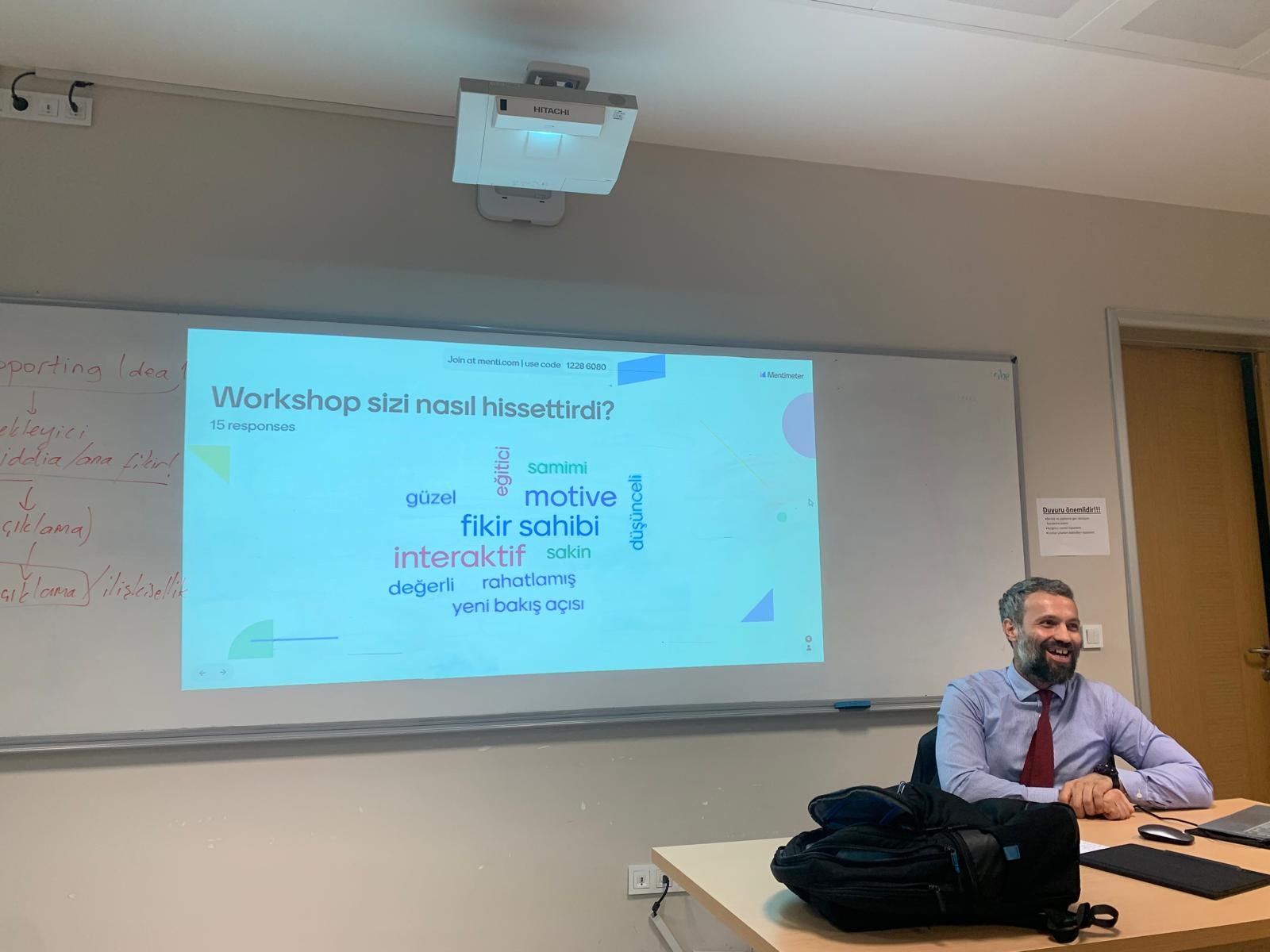
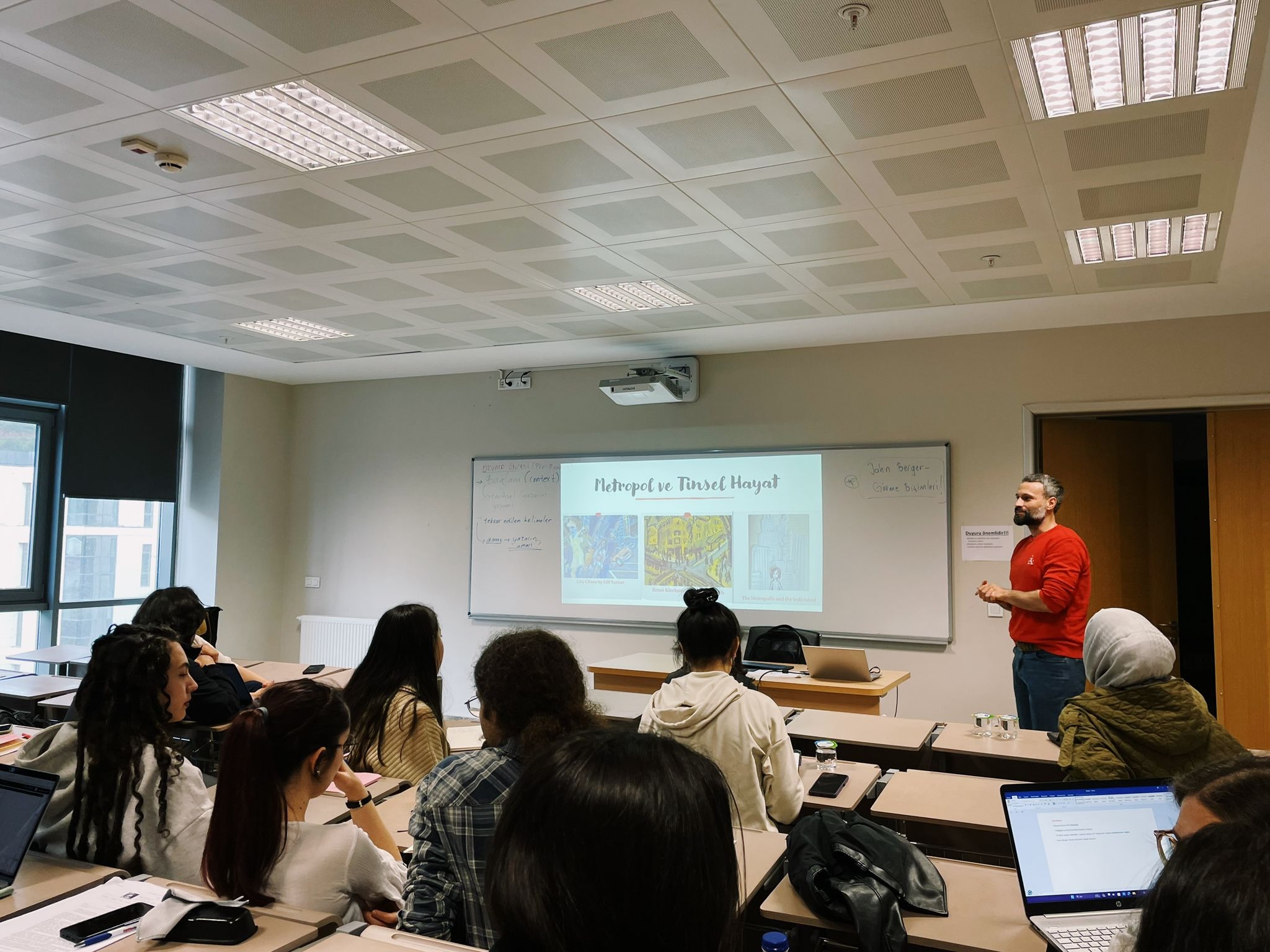
Conclusion
The workshop series on academic reading and writing skills at Turkish-German University was a resounding success. It not only empowered students to tackle sociological texts with greater competence but also enriched the academic environment for the faculty. For me, it was a valuable opportunity to grow as an educator and contribute meaningfully to the academic community.
As I reflect on this experience, I am excited about the potential for future workshops and collaborations that continue to bridge the gap between language learning and specialized academic content. Together, we can foster a deeper understanding and appreciation of the subjects we teach, ultimately preparing students for academic and professional success.
